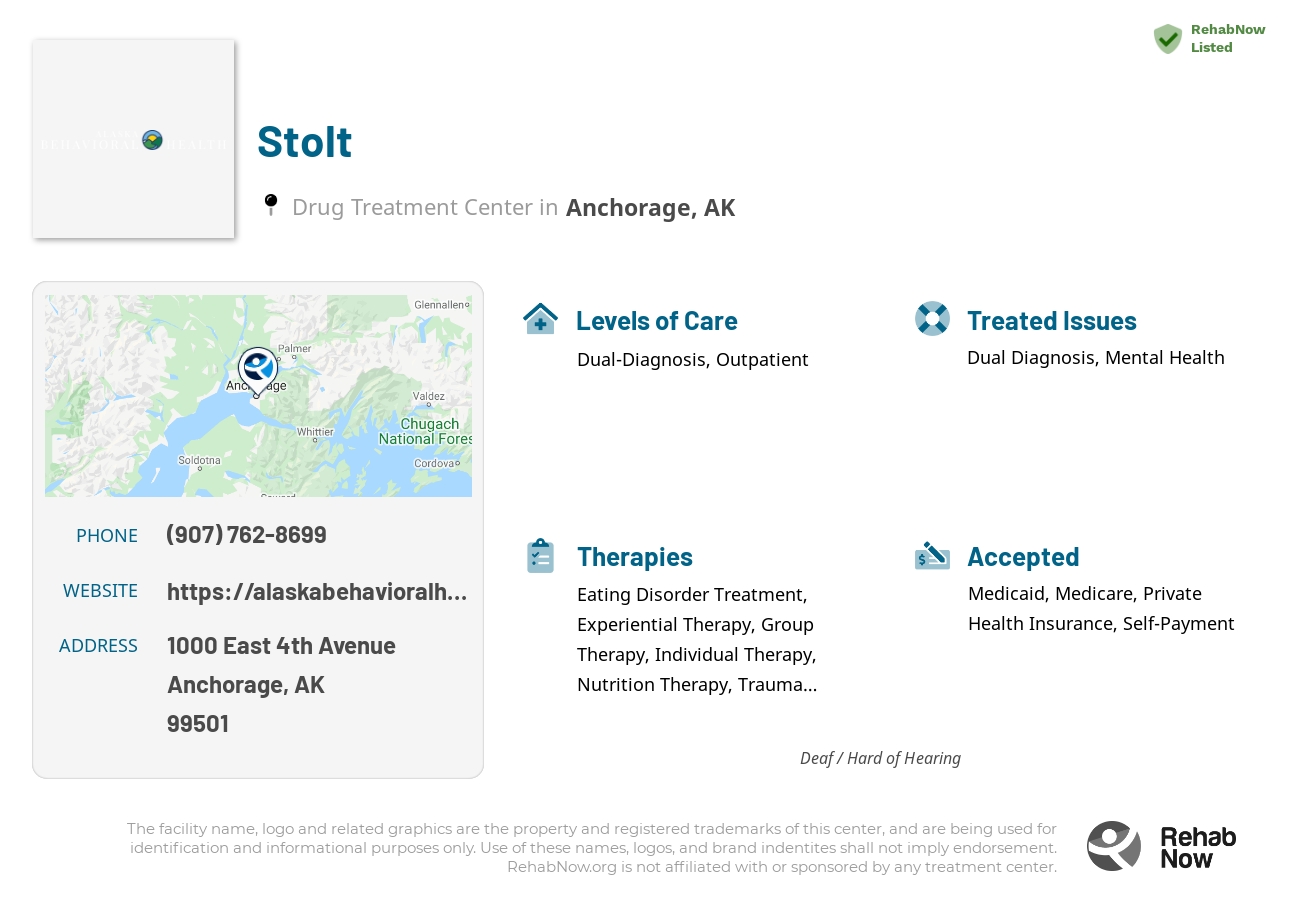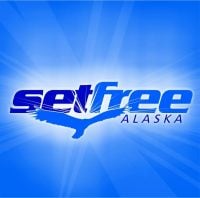
Stolt
Drug Rehab Center in Anchorage, Alaska
- Mental Health
- Eating Disorder
- Dual Diagnosis
Stolt in Anchorage, Alaska provides premier addiction and substance abuse treatment programs, including inpatient and outpatient options, individualized services and support, evidence-based treatment, counseling, recreational therapy, education, and specialized programs for comprehensive care, diagnosis, assessment, monitoring, and aftercare planning.
About Stolt in Alaska
Stolt in Anchorage, Alaska is a premier facility for addiction and substance abuse treatment. The facility offers both inpatient and outpatient programs tailored to meet the needs of individuals and families affected by addiction. Experienced treatment professionals stand ready to provide compassionate, individualized services and support. In addition to evidence-based treatment, Stolt also offers counseling, recreational therapy, and education to help individuals with complex needs.
At Stolt, specialized programs for addiction and substance abuse treatment provide comprehensive, comprehensive care. These range from intense residential care, to part-time and outpatient programs. Treatment elements can include individual therapy, group therapy, family therapy, relapse prevention, and aftercare planning. Other services include assessment and diagnosis, education, and ongoing monitoring. Specialized programs also provide help with co-occurring disorders and mental health issues.
Stolt is accredited by the Joint Commission, the nation's leading accrediting body for health care organizations, and is licensed by the State of Alaska. In addition, Stolt has received awards for its commitment to providing high quality treatment, and is a member of the Alaska Mental Health Board. The facility also offers a variety of specialized groups and classes, such as nutrition classes and exercise classes, to help individuals develop healthy lifestyle skills and habits.
Genders
Ages
Modality
Additional
Conditions and Issues Treated
Dual Diagnosis is a specific relationship between two or more disorders that have the same symptoms and can sometimes be treated together. This is used in the treatment planning process when dealing with drug addicts. Dual diagnosis can be viewed as a chronic medical condition that has comorbid psychiatric disorders.
Although addiction and a mental illness may have separate symptoms that are not easy to detect, they often go hand in hand. Many times, drug abuse is a direct result of the mental illness. In other words, treating the addiction will not resolve all of your issues. Unless you also treat the underlying mental illness, you will not be successful in achieving sobriety.
Levels of Care Offered
This center offers a variety of custom treatment tailored to individual recovery. Currently available are Dual-Diagnosis, Outpatient, with additional therapies available as listed below.
An outpatient treatment program is set up to help with alcohol or drug addiction, or a co-occurring disorder. The patient must attend the Alaska facility for their therapy and other programs but are able to return home each night. The frequency of mandatory attendance decreases after much of Stolt‘s program is complete.
Therapies & Programs
Individual Therapy is a critical component of addiction recovery. Therapists work with patients to identify the root of their addiction and figure out how to better handle the issues that led to them using drugs. Individual Therapy is the one-on-one session where people meet with their therapist. Individual therapy provides a safe space for people to open up and discuss personal and sensitive topics which they may not feel comfortable discussing in a group setting.
Group Therapy is utilized by drug treatment centers like Stolt to provide the recovering drug addict with a platform to talk about their feelings and experiences. It also provides for an opportunity to learn from other addicts who have successfully overcome their addiction.
Group Therapy is employed in lectures, seminars, or discussion groups (the latter two are typically conducted as “therapy groups”). It is recommended that all group members be recovering addicts for this type of therapy to work (though it does not exclude others with lived experience).
Trauma therapy is a clinical process that helps individuals deal with mental stress often caused by traumatic events. It is generally done for children, teenage victims of sexual assault, and war veterans. The therapist helps the person identify, understand and work through the problem. This is done with the help of talking about it in group or one-on-one counseling sessions. Therapists use relaxation, role-playing, art, and music to help the person open up about what is bothering them.
Cognitive behavioral therapy is also a popular service for individuals living with addiction. This type of supportive treatment uses both one-on-one counseling and group sessions to teach addicts how to identify thoughts, behaviors and emotions that might increase their risk of relapse.
These professionals can help addicts develop coping skills for managing stress, improving self-esteem and overcoming triggers. They might also use behavioral therapy to help addicts learn how to avoid cravings and warning signs that could lead them back into addiction.
Therapy can be used as a step-down from inpatient treatment or as the primary method of overcoming an addiction. No matter which option is best for the addict, they will teach important emotional coping techniques, which can make it easier for addicts to get through the tough days.
Nutrition therapy has been used to help drug addicts for decades. Many early reports on addiction treatment indicate that some patients recovered from the “satisfying power of food”. For years, this phenomenon has been utilized as a treatment modality in eating disorders for adults, adolescents, and children. Specific nutrients have been identified that influence neurotransmitters associated with reward pathways of the brain.
Studies have shown that carbohydrate loading with complex carbohydrates to elevate serotonin levels was effective in treating bulimia nervosa. This approach prompted researchers to explore the use of this type of nutritional intervention in other disorders.
Nicotine replacement therapy treats nicotine addiction using external sources of nicotine, such as patches or gum to substitute for nicotine. This allows people trying to quit smoking to get their desired dose of nicotine without actually having to smoke cigarettes. The idea behind NRT is that by providing smokers with nicotine in forms that are not cigarettes, they may be more likely to quit smoking.
NRT has been available for many years now, and there is a wealth of evidence that shows that it helps people trying to quit smoking. There are several different types of NRT devices on the market now. Patients interested in quitting smoking should talk to their doctors about the best kind of NRT for them.
Patient Experience
Experiential Therapy at Stolt
Experiential therapy is another form of treatment that helps addicts overcome their addiction. This type of service typically involves hands-on activities with the focus on physical experiences instead of emotions or beliefs.
Some examples include art therapy, equine therapy and music therapy. Each of these forms of experiential therapy can provide unique ways for addicts to channel their feelings and work through their demons. This type of therapy also allows addicts to develop meaningful emotional connections with others, which can prevent them from resorting to relapse as a coping mechanism.
Payment Options Accepted
For specific insurance or payment methods please contact us.
Is your insurance accepted?
Ask an expert, call (888) 674-0062
Alaska Behavioral Health Associated Centers
Discover treatment facilities under the same provider.
- Adult Services - Anchorage Community Mental Health in Anchorage, AK
- Fairbanks Community Mental Health Services in Fairbanks, AK
Learn More About Alaska Behavioral Health Centers
Additional Details
Specifics, location, and helpful extra information.
Anchorage, Alaska 99501 Phone Number(907) 762-8699 Meta DetailsUpdated November 25, 2023
Staff Verified
Stolt Patient Reviews
There are no reviews yet. Be the first one to write one.
Anchorage, Alaska Addiction Information
Alaska is enduring a multi-faceted drug and alcohol abuse problem. Heroin-related overdoses are 50% higher in Alaska than in the rest of the United States. Methamphetamine use is a major contributing factor to violent crime in Alaska. More than 60,000 Alaskans need some sort of treatment for substance abuse and/or addiction.
9,500 people struggle with addiction to drugs or alcohol in Anchorage. The city has been hit hard by the opioid epidemic. The most commonly abused drugs include marijuana, cocaine, methamphetamine, and prescription drugs. Between 2012 and 2016, there was a 64% increase in the number of deaths due to drug overdoses. Several treatments are available in Anchorage. Participants receive around-the-clock care and supervision; they also have access to a variety of therapy.
Treatment in Nearby Cities
- Nome, AK (538.6 mi.)
- Dillingham, AK (331.8 mi.)
- Saint Paul Island, AK (773.2 mi.)
- Sitka, AK (588.9 mi.)
- Seward, AK (78.4 mi.)
Centers near Stolt
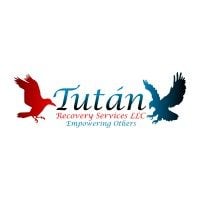
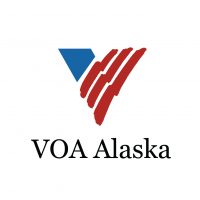
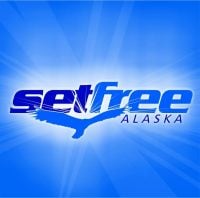
The facility name, logo and brand are the property and registered trademarks of Stolt, and are being used for identification and informational purposes only. Use of these names, logos and brands shall not imply endorsement. RehabNow.org is not affiliated with or sponsored by Stolt.

